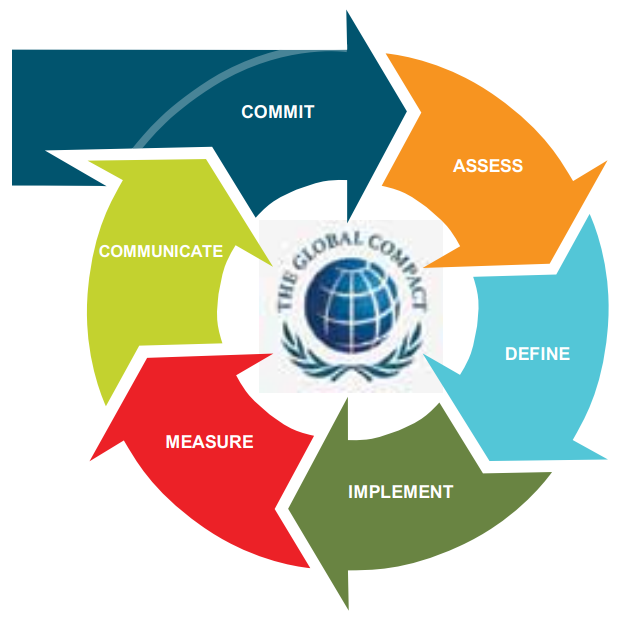
Last November in Glasgow was the site of COP26, the 26th Conference of the Parties on Climate Change, chaired by the United Kingdom in partnership with Italy.
This summit could have gone better, many say, but it certainly brought to everyone's attention a very important issue that affects the lives of all of us.
Many commitments-some of uncertain realization, many promises, and one certainty: the need to accelerate global efforts to slow climate change by 2030.
One of the goals is zero net emissions by 2050.
This is the benchmark that has become inescapable. The guidelines of countries that have taken up this challenge by announcing carbon-neutral commitments are not enough. It also needs the contribution of all the actors involved in the different supply chains.
That is why the Race to Zero campaign is active . A United Nations program that mobilizes all nongovernmental actors, i.e., businesses, cities, regions and universities, who are putting in place commitments aimed at carbon neutrality.

We, as Compass DHM projects , have joined Race to Zero.
Although we do not have a direct role in the Global Accords, we have decided to put ourselves on the ground for decarbonization of our business before 2050. In addition to our carbon neutrality commitment, we have a plan in place to reduce emissions to 2030.
Building a resilient infrastructure and promoting innovation with a view to sustainable development.
This challenge we have taken has a long-term vision, which will involve all the players in our supply chain. From raw material producers to semi-finished products, from in-house processing to the logistics services we rely on.
We have taken charge of this goal for a year now. Driven by the different situations that have emerged especially for the covid-19 pandemic we have come to a point, which rather than being an arrival was a departure.
We need a 360-degree vision that leads to a broader conception of sustainable development.
Managing the social, environmental and economic impact of supply chains (supply chains) is an important aspect for a company. And supply chain sustainability is now recognized as a key component of corporate responsibility.
However, supply chains consist of ever-changing markets and relationships.

What is supply chain sustainability?
Supply chain sustainability is the management of environmental, social and economic impacts, the encouragement of good governance practices throughout the life cycle of goods and services. The goal, then, is to create, protect and grow long-range value for all parties involved in bringing our services and products to market.
Why is supply chain sustainability important?
There are several reasons why companies begin a sustainability journey. The first is to ensure compliance with applicable laws and regulations and to adhere to and support international principles for sustainable business conduct.
Undertake more and more actions that result in a better social, economic and environmental impact because this brings significant benefits to society.
We live in an increasingly conscious world. So we need to make our supply chain sustainable today-this will reduce risks and increase benefits for all parties involved.
A small contribution to achieve a big goal. Only with broad participation will a historic civilizational change toward the transition to climate neutrality be possible.







